Life that flows from the Amazon Synod
December 5, 2019
“Freely you have received; freely give”. (Mt 10:8b)
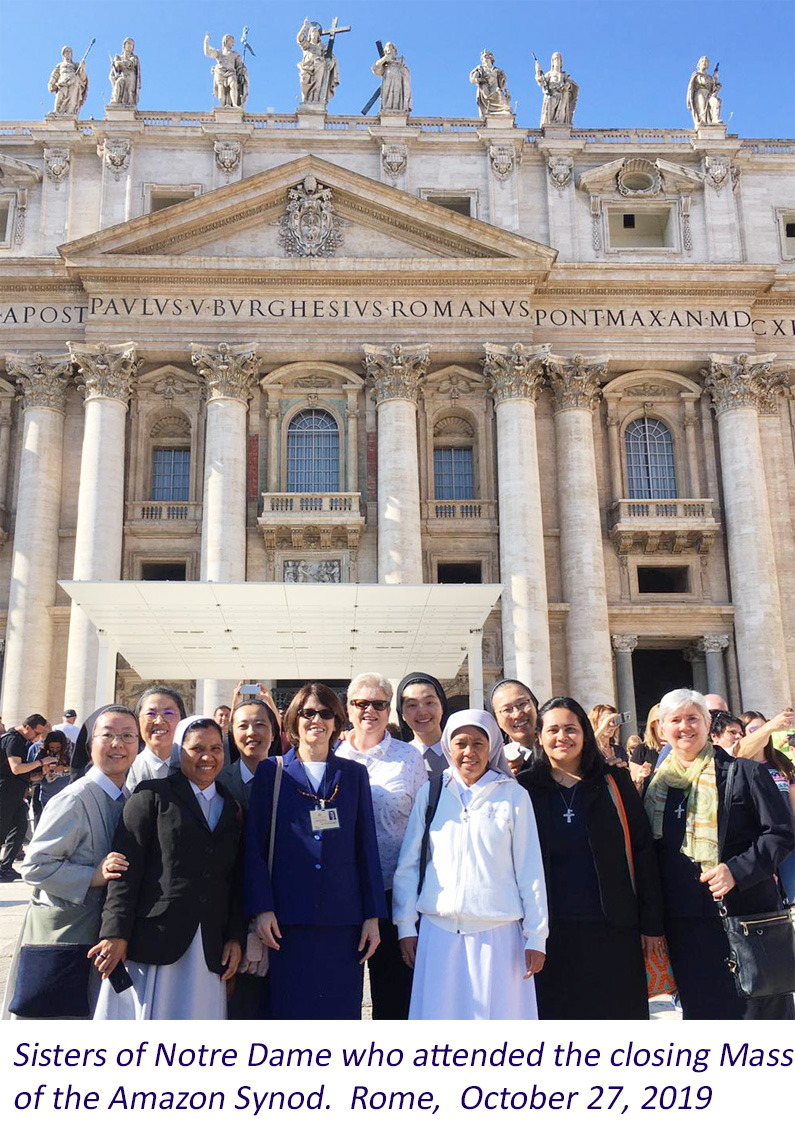 The participation in the Amazon Synod was a Kairos Event, an impetus of hope, encouragement and reaffirmation of our commitment to the future of the Pan-Amazon Region. From the outset of the Synod, however, it was very clear that the reflections and realities brought up went beyond geographical boundaries and brought pertinent aspects to the universal Church.
The participation in the Amazon Synod was a Kairos Event, an impetus of hope, encouragement and reaffirmation of our commitment to the future of the Pan-Amazon Region. From the outset of the Synod, however, it was very clear that the reflections and realities brought up went beyond geographical boundaries and brought pertinent aspects to the universal Church.
I had the grace to listen to the many appeals brought to the Synod by the representatives of indigenous peoples, peasants, quilombolas, caboclos, settlers, riverside dwellers and urban dwellers. I found that everyone present in the Synod was committed to safeguard life, to serving the communities, to preserving the forests and listening to the cry of the people.
Pope Francis was very inspired to invite, in addition to the Synod Fathers, people from other countries, representatives of the Church in Europe, Africa and Asia, as well as auditors, experts, fraternal delegates from other Churches and special guests. The presence of the indigenous people, many of them in their traditional dress, was very significant. One indigenous participant said: “Pope Francis, thanks to you, the feathers are in your house and we feel welcomed in your heart”. In that way, a diversity of cultures came together with the same goal: saving the Amazon and thus saving the planet. This reinforces the expression of a new Synod profile defined by the Apostolic Constitution Episcopalis Communio (Sept 18, 2018). Hence, Pope Francis emphasizes the need for the Synod to be less and less of bishops and “to become increasingly a privileged instrument of listening to the People of God”, also made up of “people who do not hold the episcopal office” (n.6).
I would like to highlight the participation of women in the Synod as a significant and engaged presence, questioning the current structures of society and the hierarchical Church.
“This is the first time a church synod has had so many women (36) actively and effectively participating. Our participation is still quite limited, but we are aware that we are paving the way for future generations. The presence of women at the Synod indicates that important changes are underway and we are actively participating in these processes. Women earned the right to speak and used it with great poetry, tenderness, rationality, objectivity and purposeful content.” (Marcia Oliveira, expert for the Amazon Synod).
“The contribution of women was the highlight of this synod. They are the ones who most participate in social ministries, who are resistant and do not change their position when they are against certain projects; they are concerned about the future and the next generations.” (Bishop Erwin Kräutler, Bishop Emeritus of Xingu).
The attitude of the “good shepherd who loves and gives his life for his sheep” was and is evident in the testimony of Pope Francis through his presence throughout the Synod, by his listening, welcoming, encouraging and making inspirational and wise interventions. His life is an expression of his words: “that the shepherd must have the smell of the sheep.” His cheerfulness and sense of humor are a constant inspiration and encouragement to us.
At one point, Pope Francis spoke of the need for “overflowing”, about “total and encompassing” solutions, not the use of simple “patches”. These are strong elements that challenge us to leave our comfort zone and to embrace the care for life, for our “Common Home”, in short, the care for creation.
What now? What will the continuity be like? The synod is a process! The journey continues!
In the context of Synodality, the Church has been advancing and innovating. Since the creation of the Synod in 1965, this is the first time that the post-Synod Council does not consist only of bishops. The Pope’s appointments include lay people – two women and one man. Sr. Laura Vicunã Pereira Manso of the Congregation of the Franciscan Catechists (Brazil), Patricia Gualinga, indigenous leader of the Kichwa di Sarayaku community (Ecuador) and Delio Siticonatzi Camaiteri, member of the Ashaninca people (Peru). Here we have the participation and the contribution of indigenous people, women, consecrated religious, and laity. It is the “overflow” becoming true in the life and history of our church.
From the synodal experience – before, during and after the Synod – I feel the personal appeal and also for our Congregation to “move into deeper waters” in continuity of the synodal experience and to take concrete responsibility and care for the goods of creation.
The final document of the Synod of the Amazon says: “Ecumenical, interreligious dialogues must be taken up as an irrevocable way towards evangelization in the Amazon” 24 (cf. DAp 227). How can we grow in these dialogues as Congregations and as a Universal Church?
The Amazonian Synod has implications for all people and countries. How can the Amazonian Synod help us be light to the problems in our own realities?
How can the Church help in caring for the Common Home and well-being in the face of development projects within the Amazon and other places – such as logging, the construction of hydroelectric dams, mining, and agribusiness – that endanger this lifestyle?
Different activities are going on after the Synod such as: seminars, workshops, debates and other events and opportunities so as to share the Synod and to seek enlightenment on ways to implement concrete actions, especially in the 9 countries of the Pan-Amazon Region.
I move forward with hope, striving and believing that it is possible to do good, to love God in the neighbor and to take care of mother earth and its beauty.
As part of my personal commitment, responsibility, and coherence with the grace received to be part of the Synod, I am sharing my personal experience of the synod with different groups and striving to define achievable goals along with all those on the same journey. The final document is enlightening for the practice of Justice, Peace and Integrity of Creation (JPIC). Bishop Helder Camara said: “It is divine grace to start well. Greater grace is to persist in the right way. But the grace of all graces is to never give up”.
I take this opportunity, to once more, thank the Sisters of Notre Dame, the UISG (Union of International Superiors General) and all those in unity with me during the Synod, from near or from afar, with their prayer, messages of support, and interest. In a powerful way, I felt the presence of so many people journeying with me during the Synod. Thanks! I am very grateful for everything. Let us remain united as we move forward. “The path is not complete … we must forge it as we go.”
Sister Nonata de Aguiar Bezerra, SND
(Sharing from a participant in the Amazon Synod)
Rome, November 30, 2019


 Deutsch
Deutsch Português
Português Korean
Korean Indonesian
Indonesian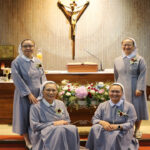
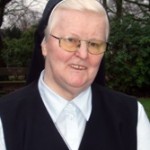
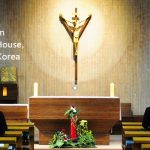
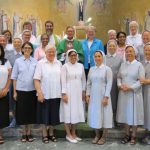





![[JPIC News] The power of small step](https://www.snd1.org/wp-content/uploads/20240219-The-power-of-small-steps-Fimage-60x60.jpg)

